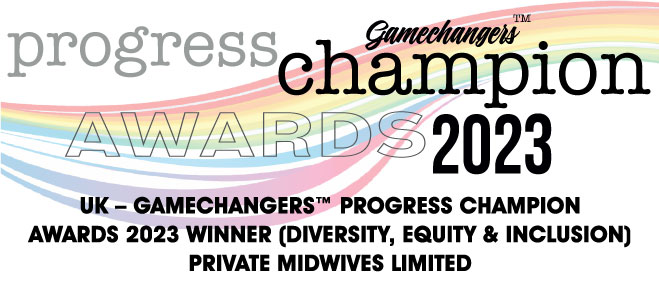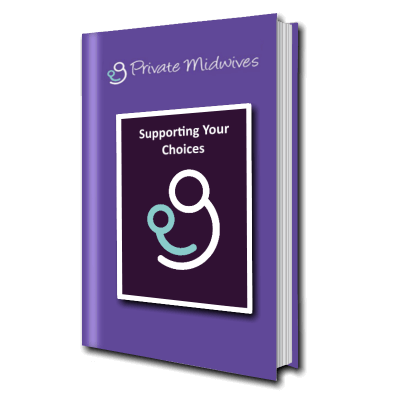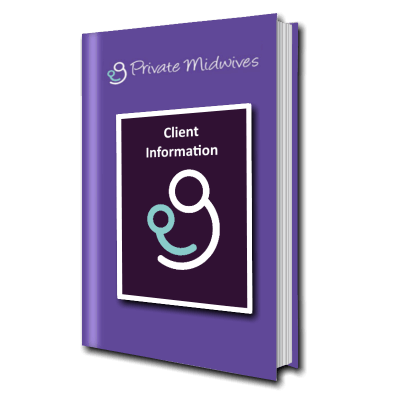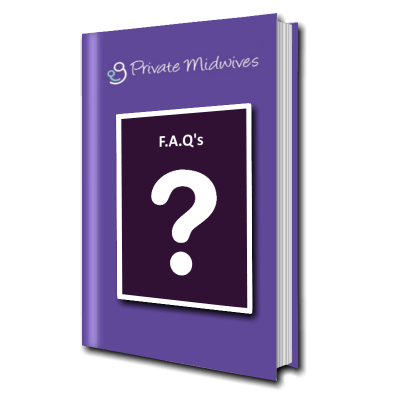Antenatal Blood Tests
Private Midwives offers a range of private pregnancy blood tests for you to choose from. Your midwife comes to your home, takes the blood samples, sends them to an accredited lab, and we will call you as soon as the results are back. We can print the results and put them in your clinical notes.
As the blood is sent via post to the lab, we suggest that our clients don’t have private pregnancy blood tests taken with us on Fridays, as the quality of the sample will deteriorate over the weekend.
You may choose to avoid all blood tests. If this is the choice you make take a look at our supporting your choices document book HERE
Range of Bloods
During your pregnancy, you will be offered a range of antenatal blood tests. Some tests are:
- Screening tests to check for conditions the baby may have. One example is the NIPT test
- Screening tests for conditions you may have that can easily be treated and reduce the risks to you and/or your baby. Examples include screening for some infections.
- Others are checking your health. For example, monitoring your blood count for signs of anaemia.
If you are booked with the NHS or HSE (for Ireland) you will be offered many of these tests free of charge.
Some clients prefer not to have care in the hospital, some want to access tests their hospital doesn’t offer, and some clients are not entitled to free NHS care.
Early Pregnancy Blood Tests
Booking Bloods
The early pregnancy blood tests cover the following:
- Blood Group
- HIV
- Thalassaemia
- Antibodies
- Hepatitis
- Sickle Cell
- Full blood count
- Syphilis
Costs:
£490 in the UK, €580 for Ireland.
Included in Platinum package, or if you book antenatal care from early pregnancy with all blood tests.
NIPT screening
Please visit our NIPT screening information for full details of this blood test
RhD screening
If your blood group is rhesus negative, and your baby is Rhesus positive, you are offered injections during pregnancy of a substance called Anti-D. Anti-D stops the mothers body producing antibodies that can harm this pregnancy or a future pregnancy. The problem is, many hospitals don’t test baby’s blood group normally and so ALL pregnant women who are Rhesus negative are offered the Anti-D injections. If your baby is Rhesus negative the same as you, you actually don’t need these injections. So, wouldn’t it be amazing if there was a way to find out? Well, there is!
We work in conjunction with an NHS lab in Bristol to offer you the RhD screening blood test. This looks at baby DNA in your blood from 11 weeks of pregnancy and tells you if baby is Rh Positive (so you may need Anti-D) or Rh negative (so you can avoid unnecessary injections). The test can be done any time after 11 weeks of pregnancy.
You need to have had a scan to check there is only one baby and confirm gestation. Then, the midwife comes to your home and takes the blood sample and sends it to the lab. The results are back on around 10 days. We will call you with the results.
Costs:
This test is included in Platinum package, or if you book antenatal care from early pregnancy with all blood tests.
If you are already seeing your midwife and want to add this test to your care, the cost is £75.
If you want to book a single appointment to have this test done, the cost is £350.
Second trimester blood test
Group, antibodies and full blood count
At around 28 weeks of pregnancy you will be offered another blood test to check for any abnormal antibodies that your body is making due to being pregnant and having another human being inside you. At the same time, blood can be taken to see if you are developing anaemia. Babies take all the nutrients they need and leave mum with what’s left. So it’s a good idea to check how things are going and maybe take iron if you are starting to become a bit anaemic.
Costs:
This test is included in our silver, gold and platinum package free of charge.
It is also included if you book any care package with antenatal care from early pregnancy.
Glucose Tolerance Test (GTT) in pregnancy
You may be at higher risk of developing diabetes in pregnancy (gestational diabetes) if you:
- are overweight
- have had diabetes in pregnancy before
- have had a baby weighing 4.5kg (9.9lb) or more before
- have a close relative with diabetes
- have a south Asian, black or African Caribbean, or Middle Eastern family background
If you're considered to be at high risk for gestational diabetes, you may be offered a test called the OGTT (oral glucose tolerance test). This involves drinking a sugary drink and having a series of blood tests.
The OGTT is done when you're between 24 and 28 weeks pregnant. If you've had gestational diabetes before, you'll be offered an OGTT earlier in pregnancy, soon after your booking visit, and another at 24 to 28 weeks if the first test is normal.
The test measures how your body responds to and deals with the sugary drink. Typically, you have an initial blood test, then the drink, then a further blood test after an hour. This can be a long time waiting around, especially if you are in a hospital clinic. We can offer you this blood test at home. During the hour waiting time, your midwife can complete an antenatal check, talk about any worries or concerns you have, start to discuss your birth options and choices and anything else you want to talk about.
After the bloods are sent to the lab, results are normally back in about 5 working days.
Costs:
Included in Gold and Platinum packages.
Included in any package with antenatal care from early pregnancy.
Can be added to any other package where your midwife is visiting you £150 or €180 in Ireland.
Can be booked as a stand-alone appointment or added to the bronze package £325 or €380
Anaemia profile
Most hospitals only check your full blood count and if it suggests you are anaemic, they prescribe iron. However, there are other reasons why you may be anaemic and sometimes, iron is not what you need. We can offer you an “anaemia profile” which looks for all the components needed to make new red blood cells, measures how much you have, how your body is storing them and using them and pin points a more accurate plan of care for you. If you are already having care with us, we can arrange this test for you in place of your standard full blood count at booking, 28 weeks or 34 weeks.
Bloods in late pregnancy
We offer all of our clients a full blood count at around 34 weeks of pregnancy. This is included in all antenatal packages of care and all birth packages.
The test measures your platelet count. Platelets help your blood to clot. It also measures to see if you are anaemic.
We can use this information to work with you and consider if the choices you are making for birth need to be revisited. We can also advise on any steps you can take to fix any problems that are starting to develop.
This test is not routinely offered by the NHS or HSE but we believe it is important to help your decision making and planning and keep you and baby safe.
More On Antenatal Care
Client Information Booklet
If you would like to know more information of what you can expect from us before making a booking please have a look at our client information booklet
See the Resource Library
Take a look at our resource library for guides on planning your birth, antenatal & postnatal plans of care, water births and much more.
Private Midwives Awards
We have been awarded the Winner of the Best Midwifery Service 2024 at the M&A Today Globabl Awards
We're also delighted to have been announced as the winner in the Diversity, Equity & Inclusion category at the Gamechangers Progress Champion Awards 2023 for both the UK and Ireland.
Thanks to all our midwives, office staff, our clients, our voters and nominators. We couldn't do any of this without you.


Work With Us:
Midwives: Work With Us
NHS: NHS Trusts
Telephone:
UK: 0800 3800 579
R.O.I 1800 937 119
Email:
info@privatemidwives.com
Copyright © 2021 Private Midwives
The Heath Business Centre, Runcorn, WA7 4QX
Website development by Arise Media
Copyright © 2021 Private Midwives
The Heath Business Centre,
Runcorn, WA7 4QX
Website development by Arise Media
 LANGUAGE
LANGUAGE


